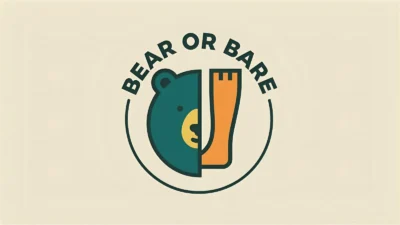If you’re someone who’s into writing, learning, or improving your English, you’ve probably wondered — is it ingrained or engrained?
This question confuses many people, especially students, bloggers, and professionals who want their writing to look polished and correct. Both words sound the same, but are they both right—or is one of them just a mistake?
In this article, we’ll clearly and engagingly explain the real difference between “ingrained” and “engrained,” which spelling is preferred, and when to use each so your writing looks professional and accurate every time.
Ingrained or Engrained – Quick Answer
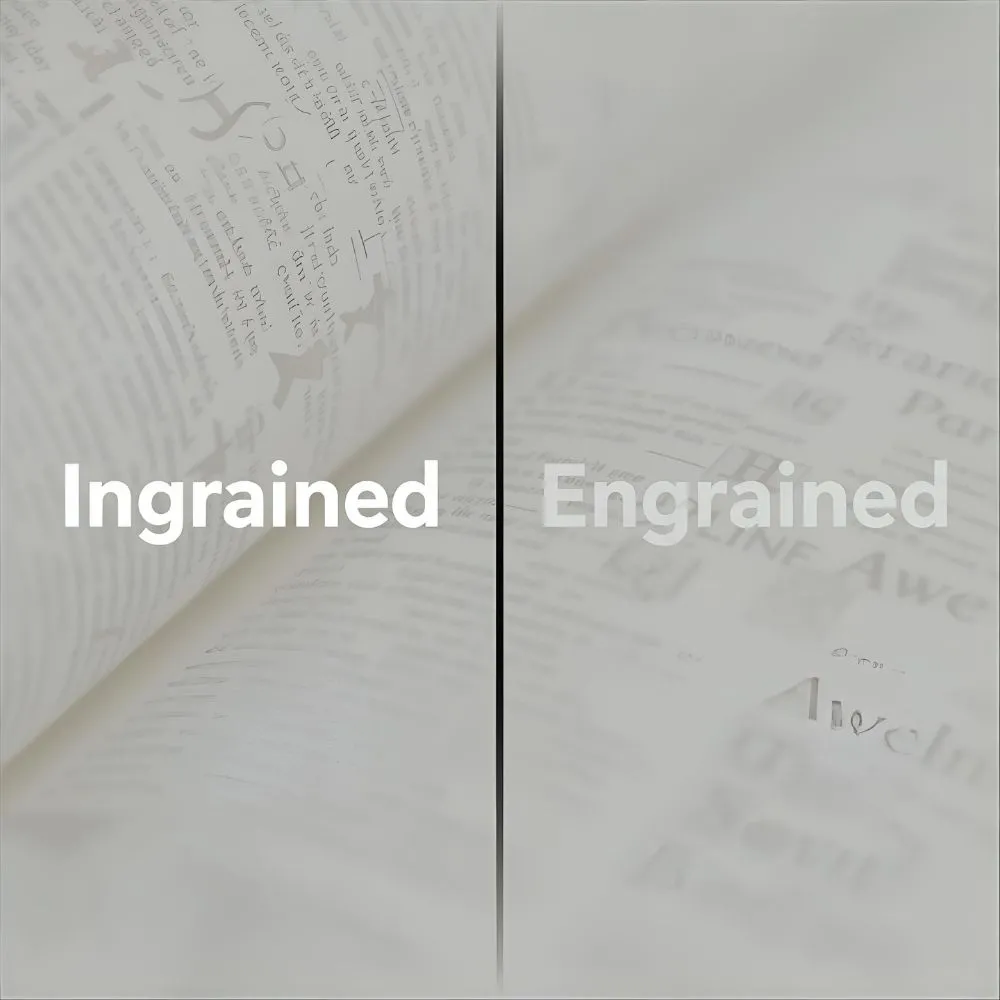
The correct and most common spelling is “ingrained.”
- Ingrained → The preferred form in modern English worldwide.
- Engrained → An older, less common spelling still recognized in some dictionaries.
Examples:
- Correct: “The habit is deeply ingrained in our culture.”
- Rare: “The memory is engrained in his mind.”
The Origin of Ingrained or Engrained
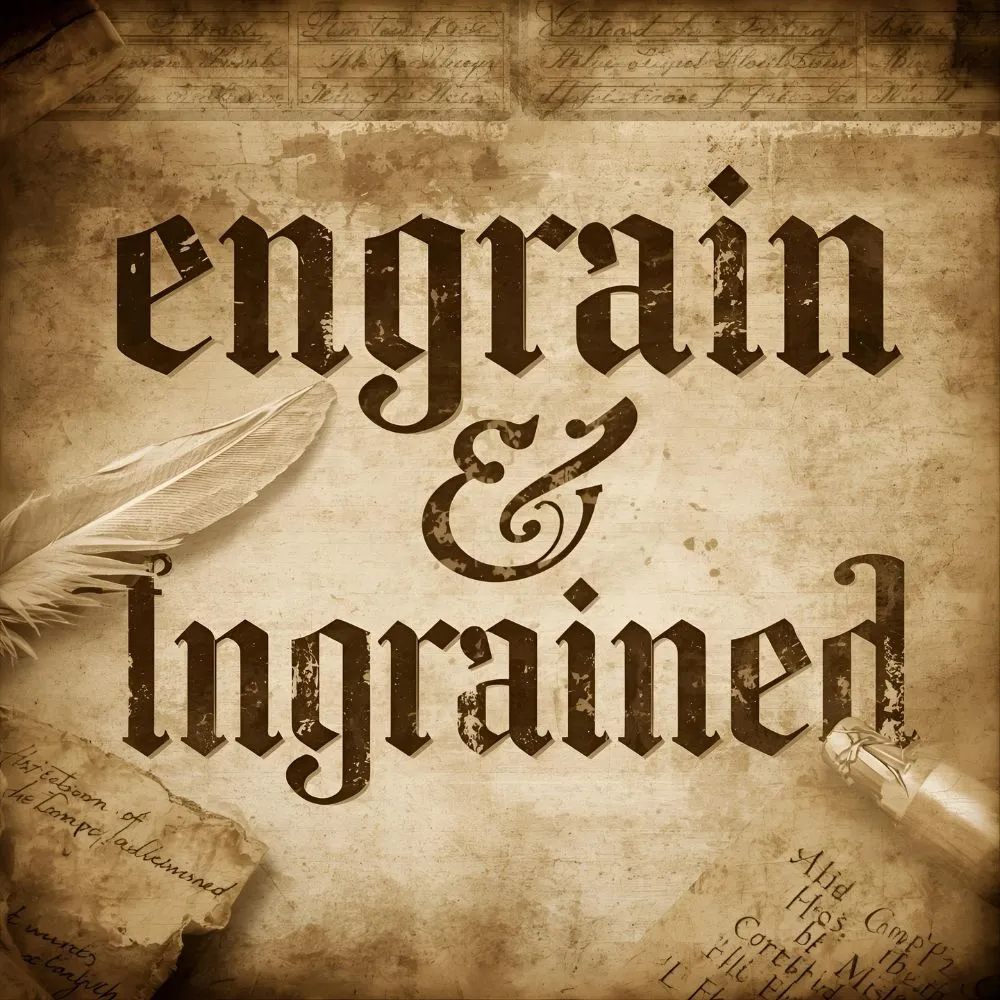
Both spellings come from the Middle English word “engrain,” which meant “to dye fabric with a fast color.” Over time, the meaning shifted to describe something deeply fixed or rooted, like a habit or belief.
- “Engrained” was the older spelling, common in earlier English texts.
- “Ingrained” later became the dominant form due to standardized spelling in dictionaries and publishing.
The difference today exists because English often keeps older variants alive, even if only one becomes the standard.
British English vs American English Spelling
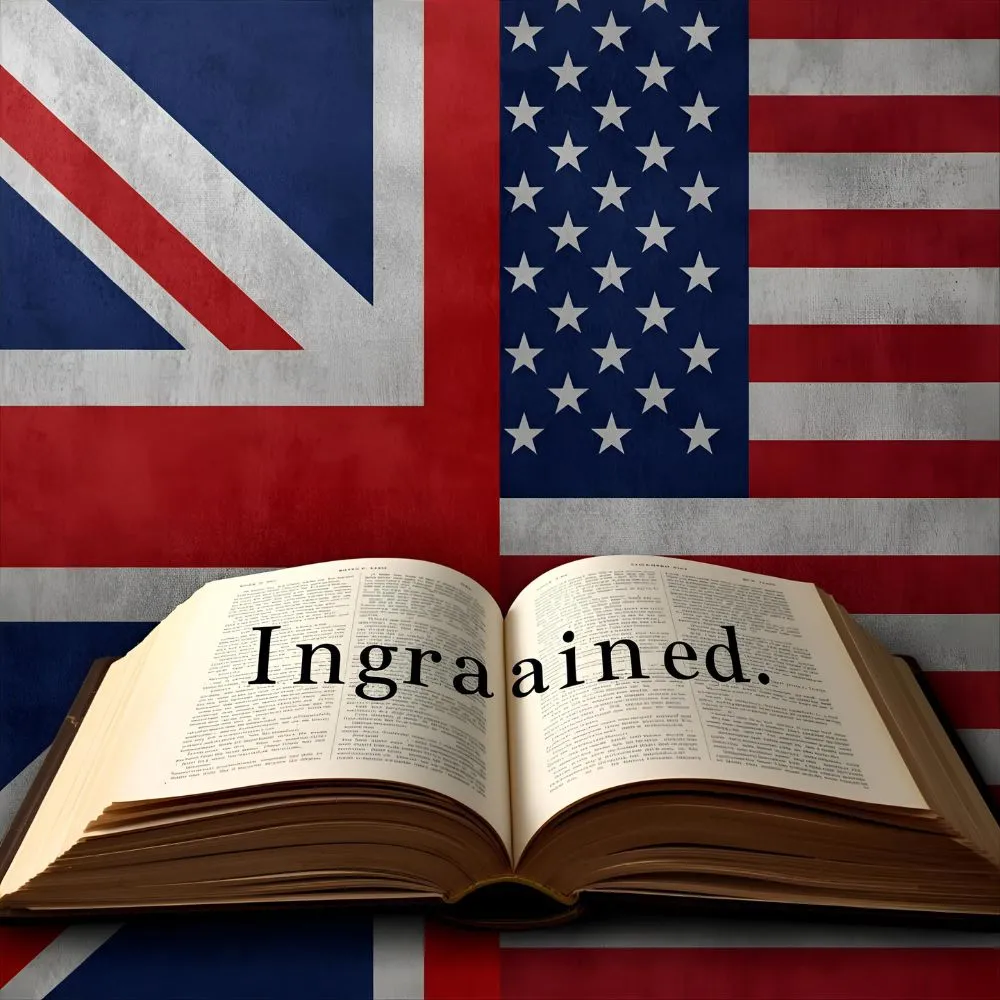
Unlike words like color/colour, the difference here isn’t strictly about region. Both Americans and Britons overwhelmingly use “ingrained.”
However, “engrained” may appear in older British literature or formal writing, while Americans almost never use it.
Comparison Table
| Spelling | Region/Usage | Example Sentence |
| Ingrained | Global standard | “This is an ingrained habit.” |
| Engrained | Rare/archaic, some UK texts | “The custom was engrained in society.” |
Which Spelling Should You Use?
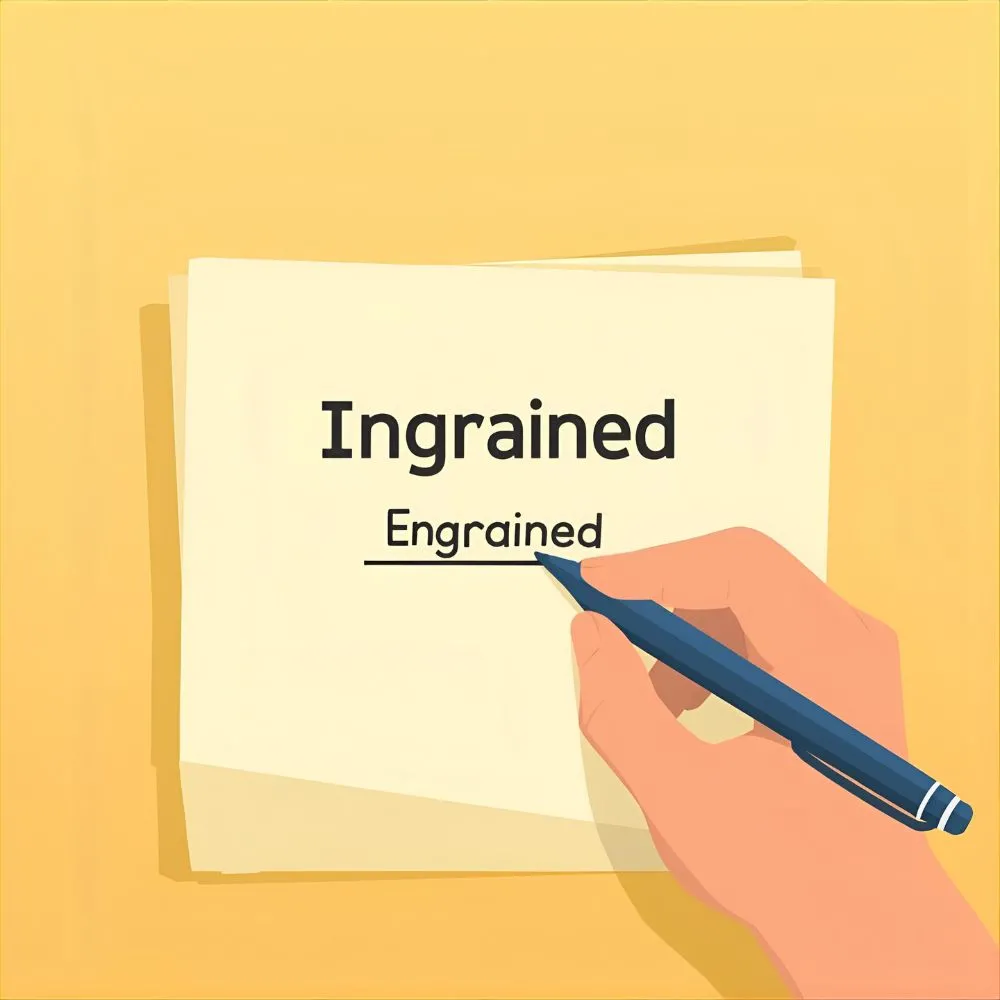
- US Audience → Always use ingrained.
- UK/Commonwealth Audience → Use ingrained; engrained is rare and may look outdated.
- Global/SEO Writing → Stick to ingrained, as it is the most searched and recognized form.
Common Mistakes with Ingrained or Engrained
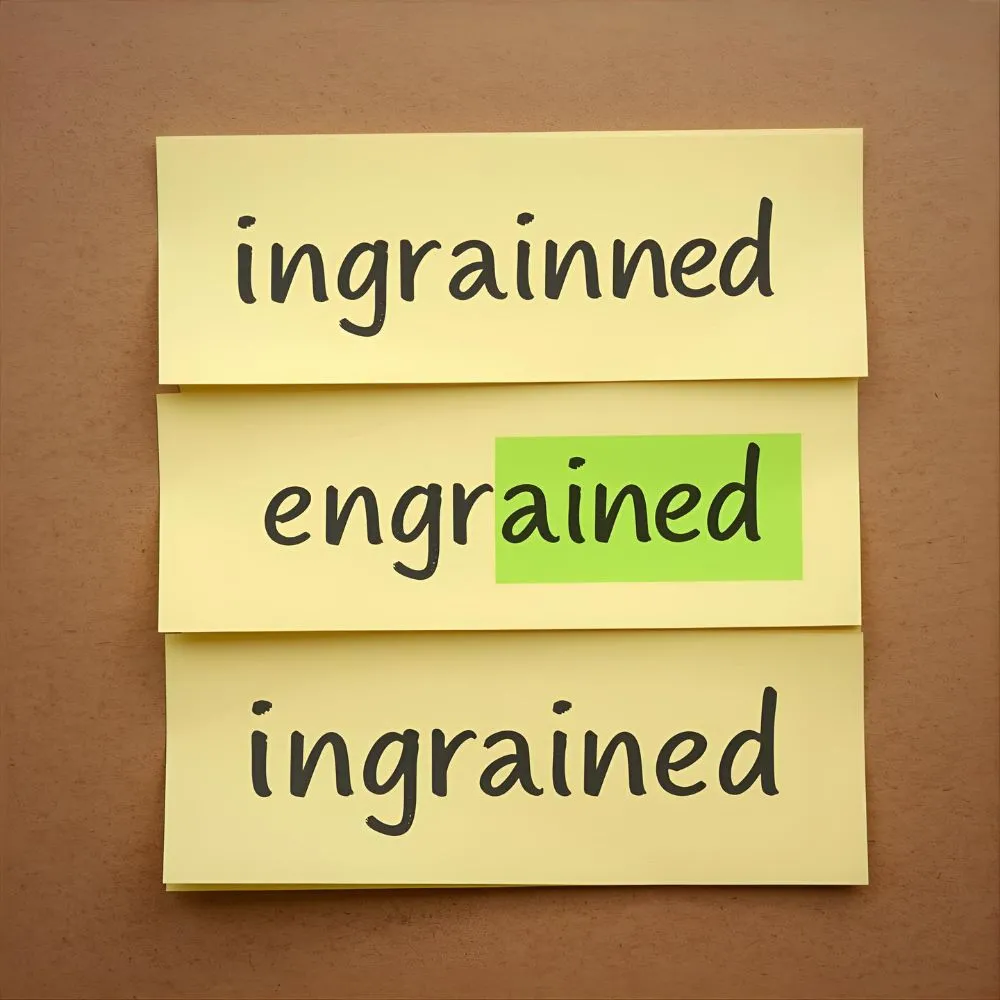
- Thinking “engrained” is incorrect → It’s not wrong, just uncommon.
- Mixing up meanings → Both spellings mean the same thing.
- Spelling it “ingrainned” → Incorrect. Always one “n.”
- Capitalization errors → Only capitalize if it starts a sentence.
Correct: “The lesson became ingrained in her mind.”
Incorrect: “The lesson became ingrainned in her mind.”
Ingrained or Engrained in Everyday Examples
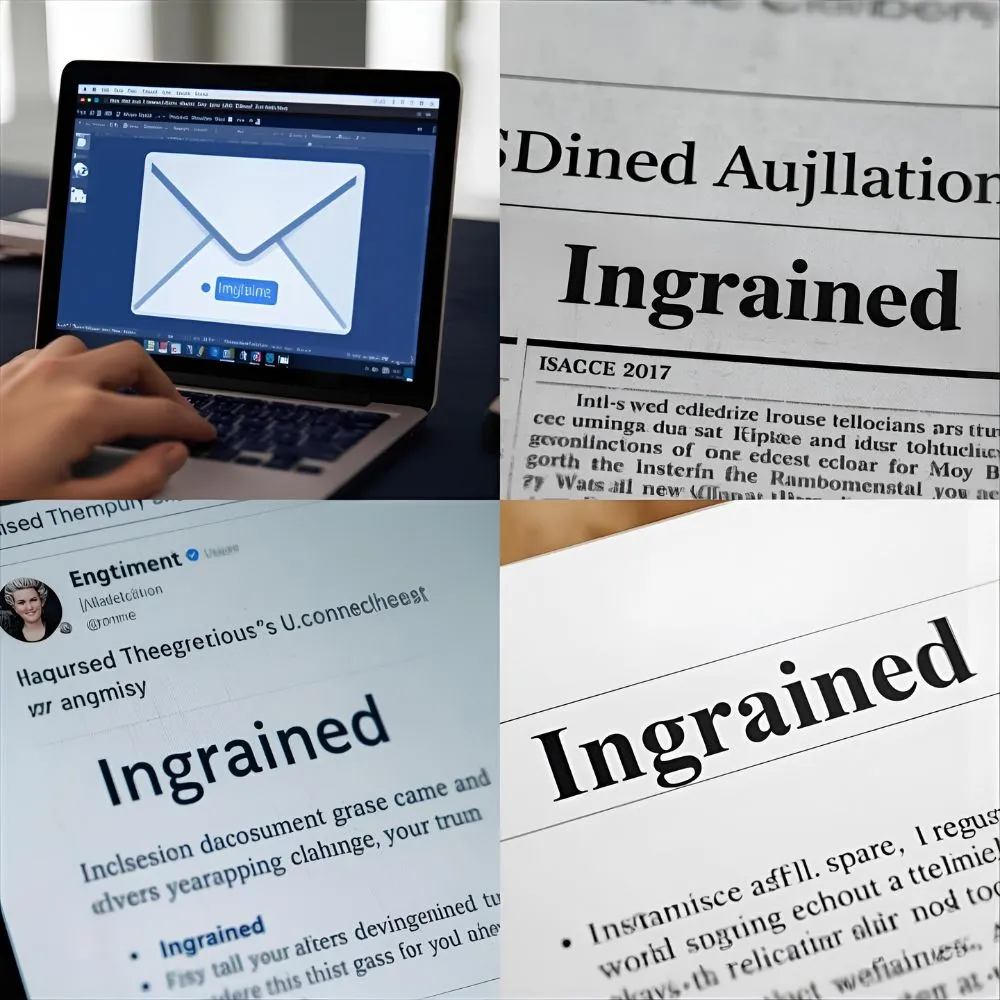
- Email: “The values are ingrained in our company culture.”
- News: “Prejudice remains ingrained in certain communities.”
- Social Media: “Gym life is ingrained in me 💪.”
- Formal Writing: “These traditions are deeply ingrained within the fabric of society.”
Ingrained or Engrained – Google Trends & Usage Data

- Global data shows ingrained is searched and used far more often than engrained.
- United States → Almost 100% “ingrained.”
- UK & Commonwealth → Mostly “ingrained,” though older texts may still feature “engrained.”
- SEO Note: Target “ingrained” for search traffic, but mention “engrained” for completeness.
Comparison Table – Keyword Variations
| Keyword Variation | Popularity | Context |
| Ingrained | Very High | Global standard in writing |
| Engrained | Very Low | Rare, old-fashioned usage |
| Ingrained vs Engrained | Medium | Common search query |
FAQs
1. Which is correct: ingrained or engrained?
Ingrained is correct and preferred, though engrained is still recognized.
2. Is engrained outdated?
Yes, it’s considered old-fashioned and rarely used today.
3. Do both words mean the same thing?
Yes. Both mean something deeply rooted, fixed, or established.
4. Is engrained used in the UK?
Occasionally in older British texts, but modern usage favors ingrained.
5. Should I use ingrained in academic writing?
Yes, always use ingrained for formal and academic work.
6. Can both spellings appear in dictionaries?
Yes, but ingrained will usually be listed as the primary form.
7. Which spelling is better for SEO?
Ingrained has much higher search volume and is better for modern SEO.
Busing or Bussing – Writers, Students, and Professionals Must Know
Conclusion
The debate between “ingrained” or “engrained” comes down to history versus modern usage. Both words share the same meaning, but ingrained has become the global standard in spelling. Engrained survives only in rare cases, mostly in older British writing. For professional, academic, or online work, stick with ingrained. It’s widely recognized, clear, and correct in both American and British English. By choosing the modern spelling, you avoid confusion and keep your writing polished. Whether you’re drafting an email, writing an article, or posting on social media, remember: ingrained is the spelling that feels natural, modern, and universally accepted.



